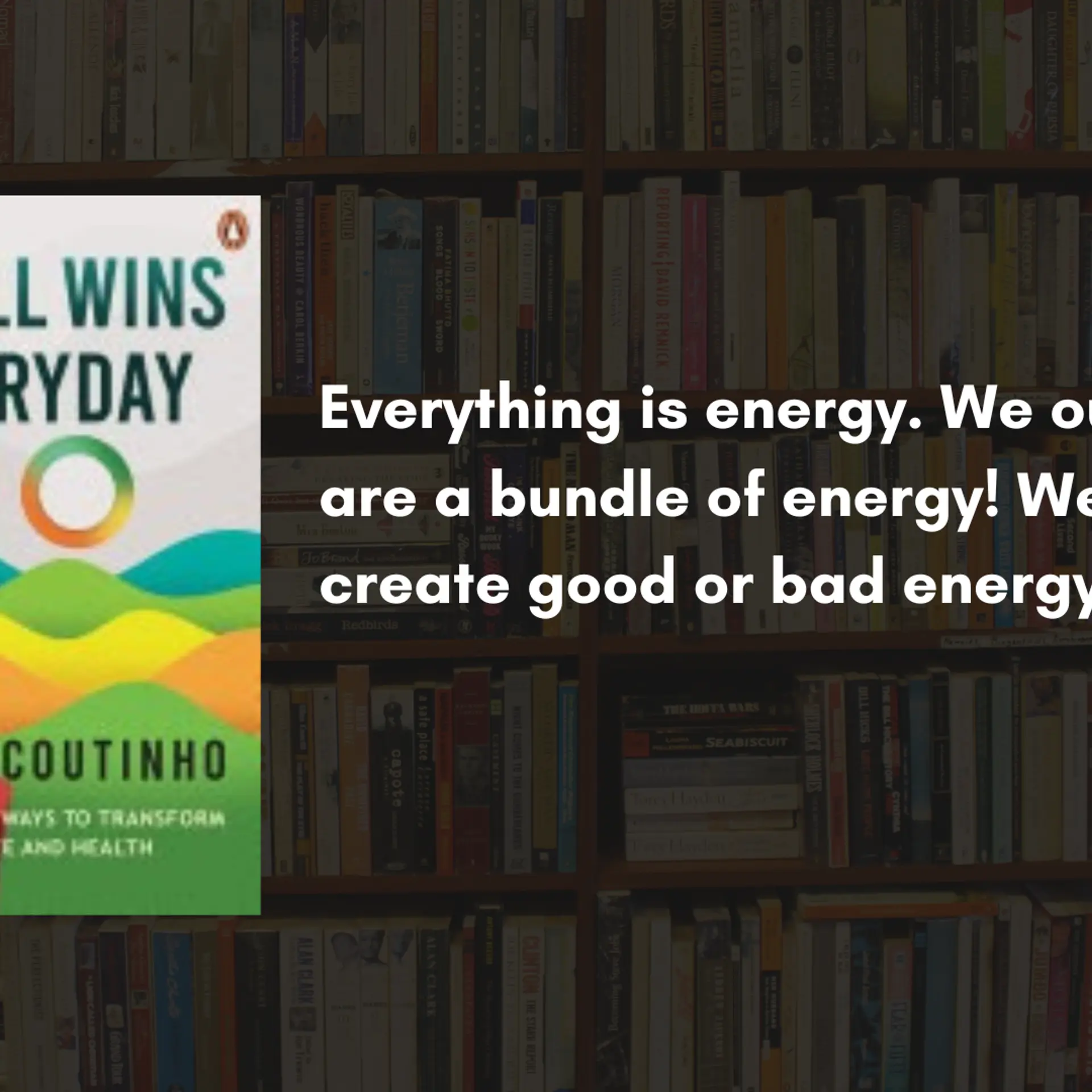Want to build your brand in the organic beauty space? Women in the business tell you how
The organic beauty market is rife with competition. So, how does one stand out, and build a brand that’s authentic and also profitable? Leaders in the industry share some valuable advice.
India is home to Ayurveda and a large number of natural remedies. Over the years, the Indian market has been flooded with organic brands, as discerning customers are demanding natural products when it comes to their beauty and skincare routines.
The massive demand for beauty products has ensured that the retail beauty market is now pegged to reach $2.69 billion by 2020. In a market that is rife with competition, how does one stand out, build a brand in the organic beauty space, and also ensure it is profitable?
HerStory asked a few women in the beauty business for their advice on how to start and grow a successful organic beauty brand.

Also read: Meet 10 women entrepreneurs who have found their niche in the organic beauty space
Knowledge and know-how is critical
Unlike other businesses, the organic beauty business requires knowledge and know-how. Subhika Jain, Founder of RAS Luxury Oils believes since one is dealing with something as “precious as people’s skin” it is more than just building products. “You need to do extensive research, and have in-depth knowledge about each ingredient, each product that you want to make, why you want to make them and how you think it is going to help people.”
She is also quick to point out that an organic beauty business just doesn’t involve the technical aspect of building a business but also getting the right supply chain management, and sourcing good raw material and managing customer relationships. She adds, “For any business to be successful, it has to be profitable. So you should know what you are getting into and be open to lot of learning and growing in the journey as an entrepreneur.”
Authenticity is key
Almost all women entrepreneurs HerStory spoke with emphasised the need for the products to be authentic and pure. You can’t call products organic and push them into the market if they are not completely organic.
Megha Asher, Co-founder of Juicy Chemistry, says, “If you claim to be organic, take the effort to source organic ingredients. Do not use it just as a marketing claim, or source one or two organic ingredients and dilute the product with other non- organic/synthetic ingredients.”
Authenticity is the key in this industry, and certification definitely makes a difference.
Also read: I am a beneficiary of women entrepreneurship: Naturals salon founder at Women on a Mission summit
Be ready for initial challenges
Starting up in this space involves a lot of paperwork, and these include state licences, and drug approvals. Arti Gaur, Founder and Innovator of Quinta Essentia Organic (QEO), says, “It is important to have an in-depth knowledge of the subject. Formulating with plants, roots, leaves, bark, herbs, and spices is one of the most enthralling skills in the skincare world. A lot of times people hire professionals for the same. Secondly, licensing and compliances from FDA or Ayurvedic department are required if the brand plans to set up a manufacturing unit. The FDA or Ayurvedic department have their stringent guidelines and regulations to keep up the quality. Also, it is essential to have a clean and organised manufacturing facility with proper equipment and laboratory setup for testing at various stages.”
Like in any other sector, this one too comes with its own set of challenges. Arti says, “It is imperative to do careful research on not only ingredients but also sourcing. Like any other business, the organic beauty care market also has varied problems. For instance, constant availability of good quality, organic ingredients is a dream. But don’t give up as perseverance is key here.”
Perseverance and long-term vision
This is also an industry that needs education and awareness. Arti feels that the lack of awareness about organic products makes it difficult to convince people that an organic product becomes expensive because of the pure ingredients. She says, “Have faith in your products.”
From her own experience, Deepika Choudhary, Co-founder of SkinYoga believes that it is best to not expect anything for the first two years. “If you persevere, after two years you will see things becoming lucrative.”
Shubhika says, “Do start the business, but, start it with a sustainable approach with long-term vision and short-term goals and be in it for the long haul. Most importantly, do not underestimate yourself, give it your 100 percent, believe in yourself. Seek advice and help and know that nothing is impossible.”
Also read: Why Pooja Kaul gave up a government job to produce organic products from donkey’s milk in Solapur







